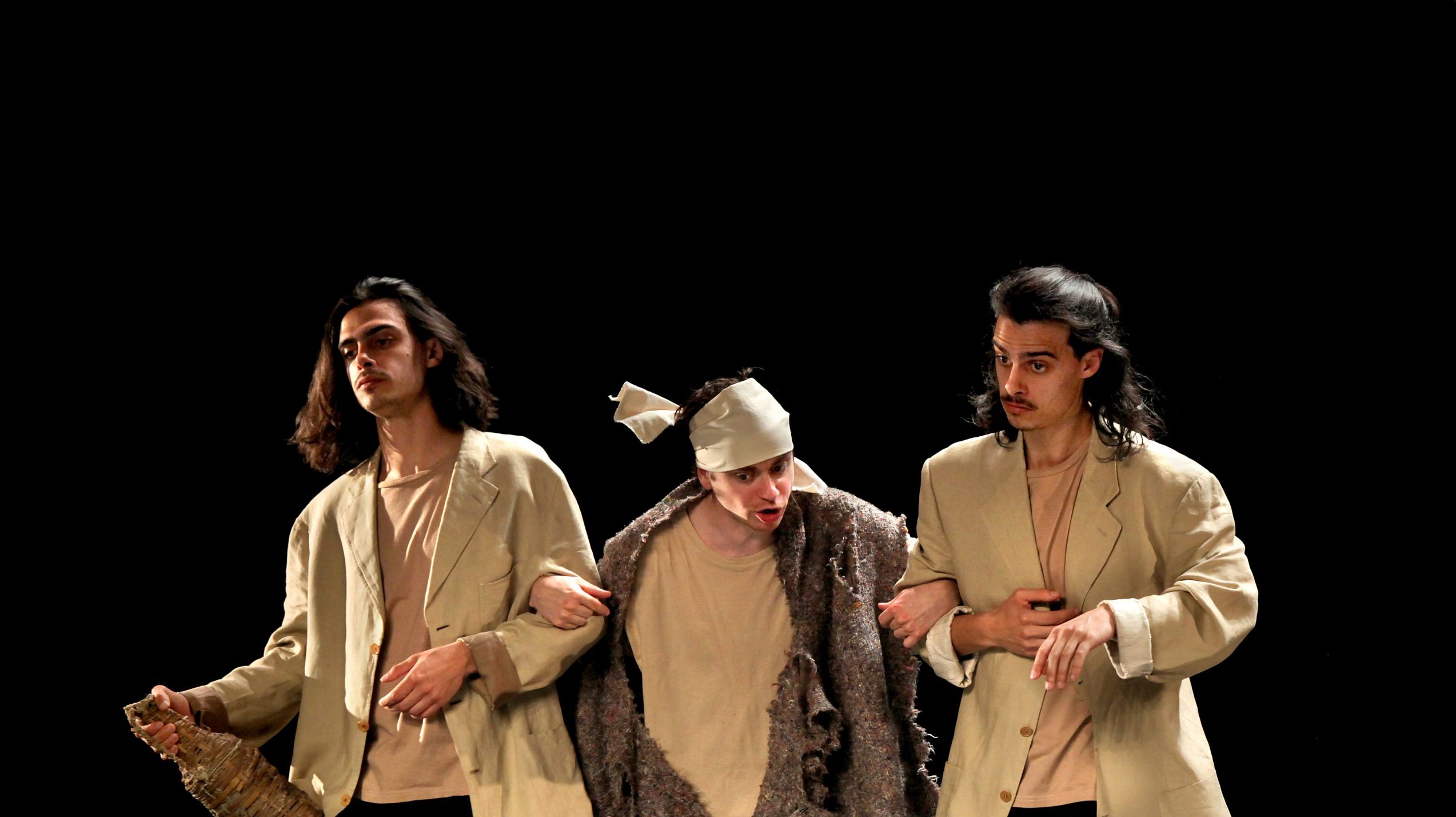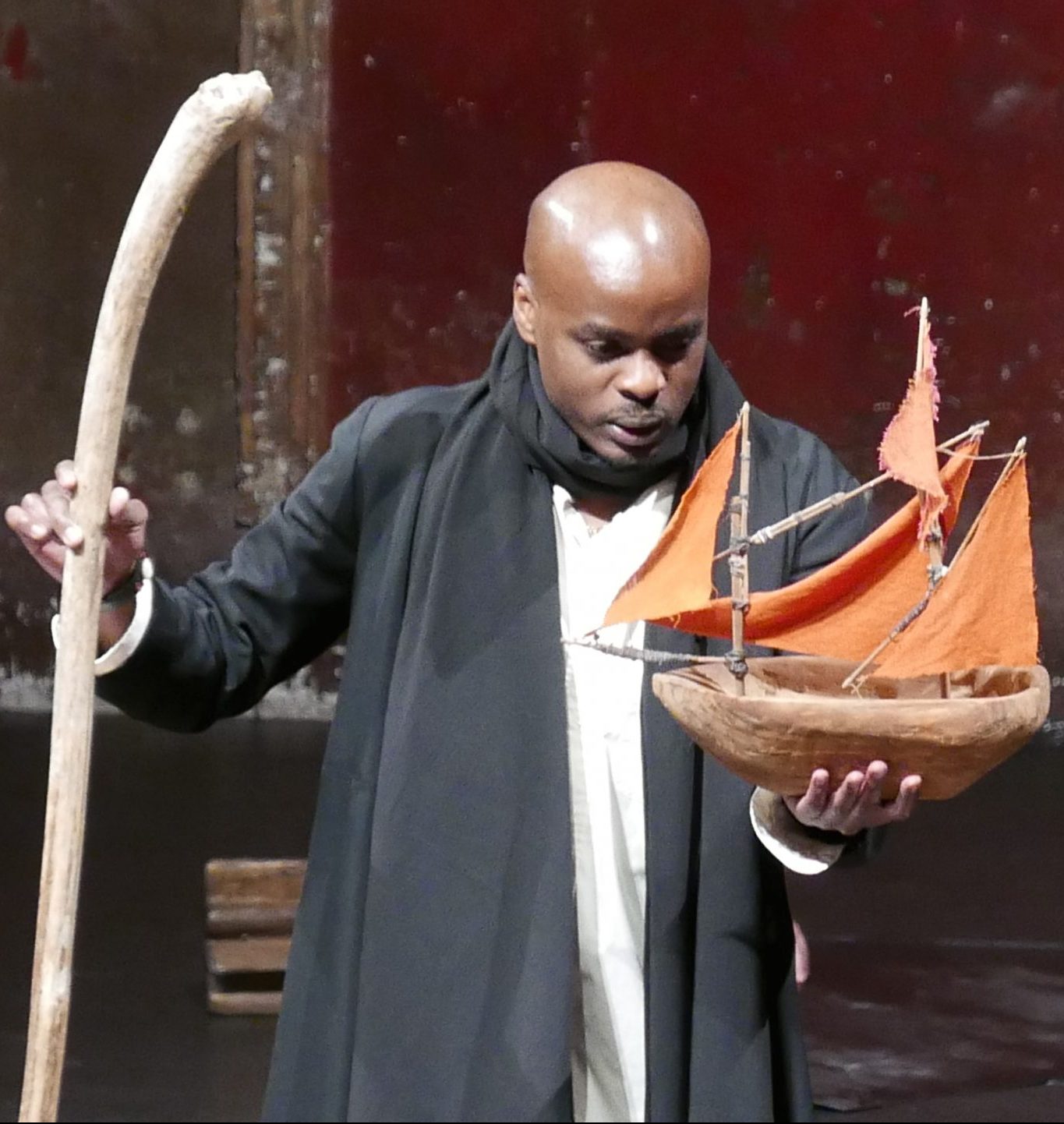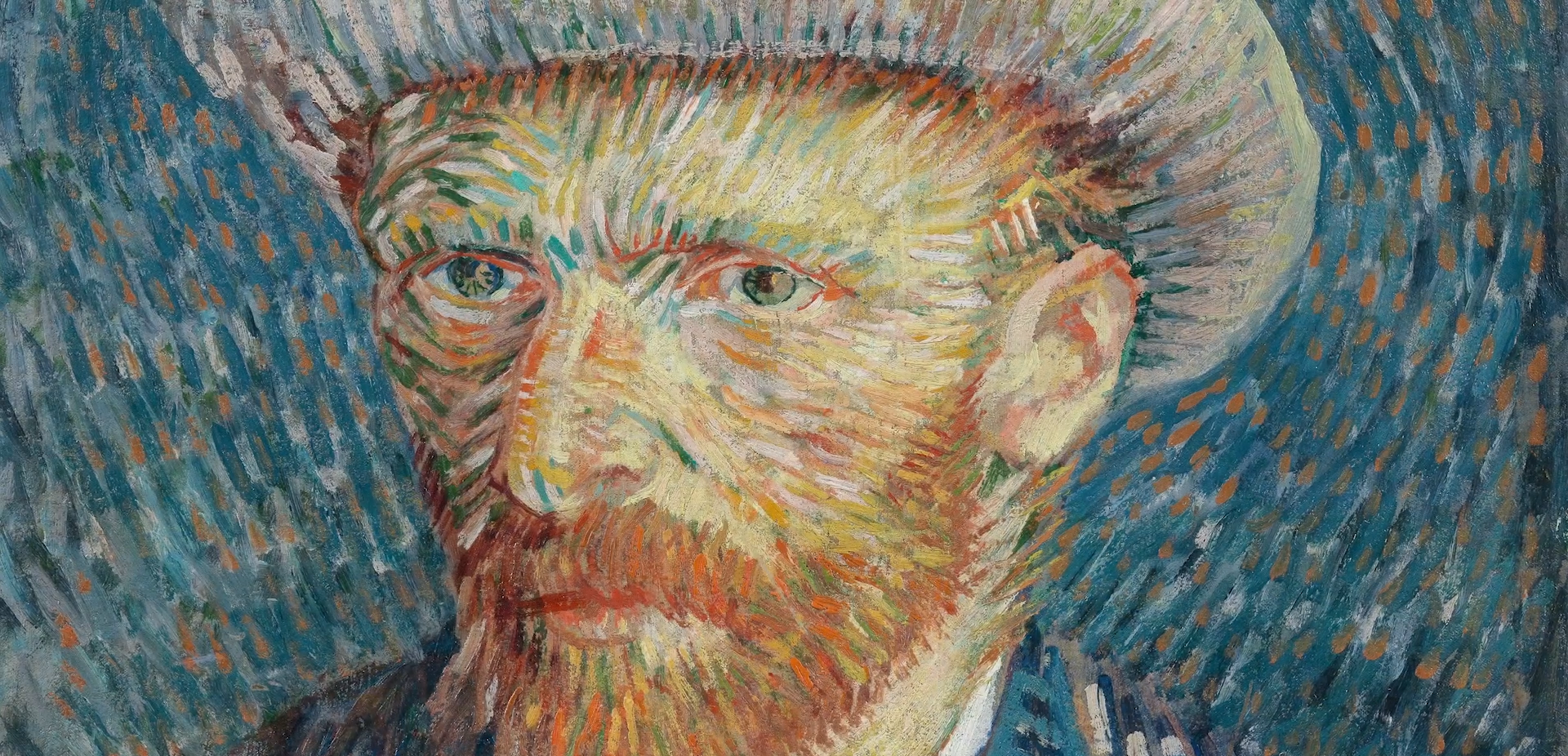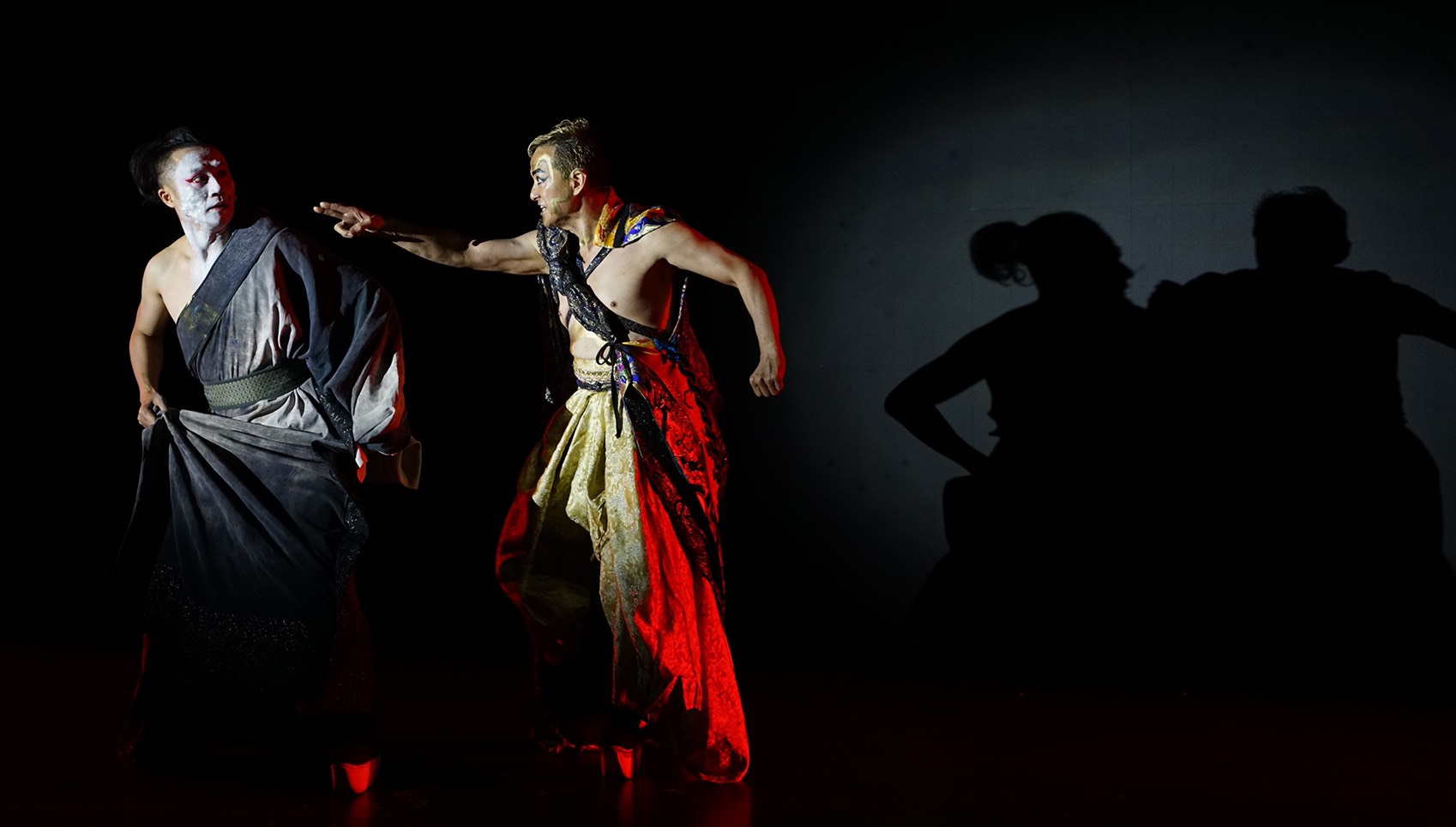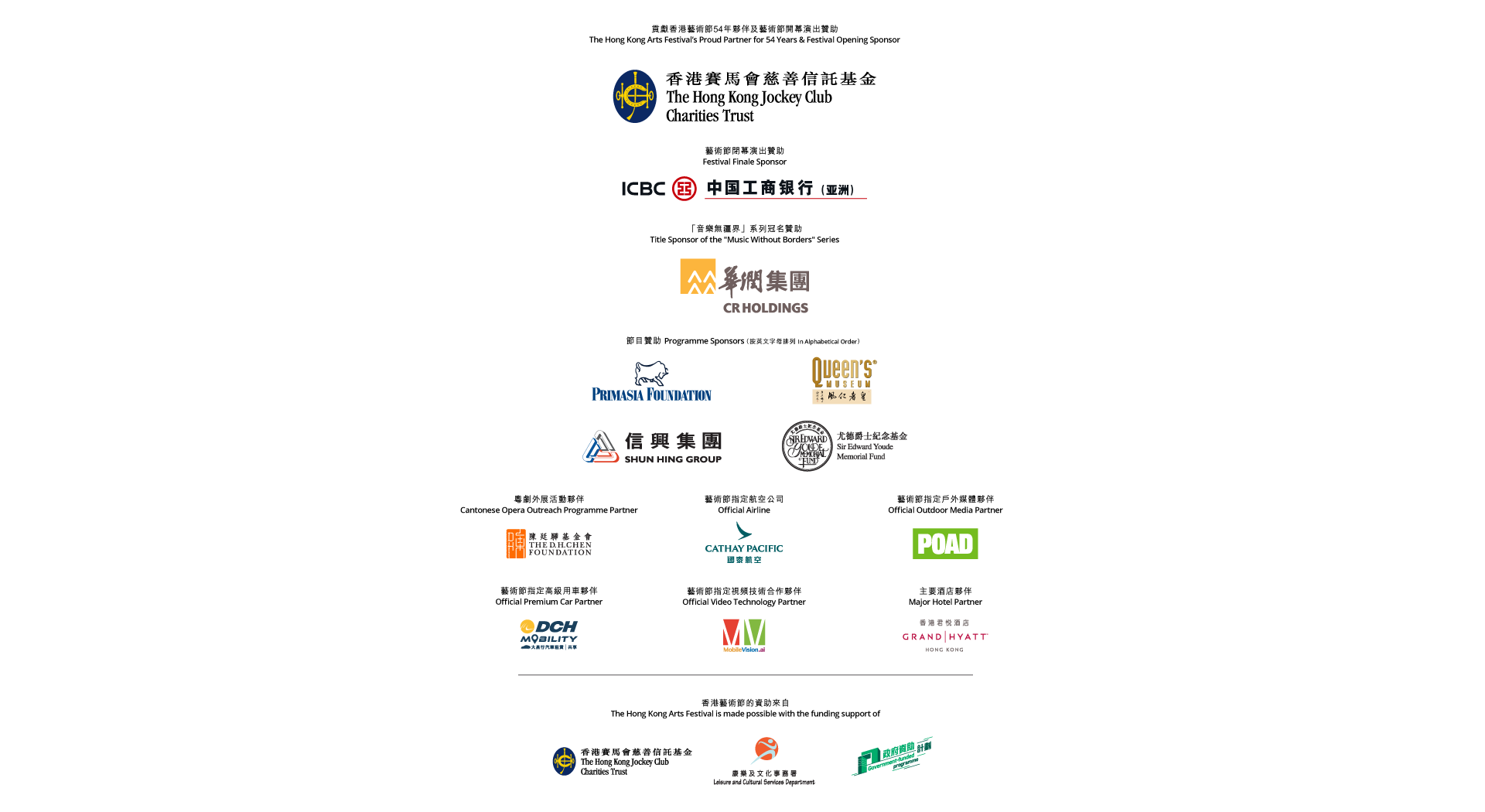Editor's note:
The late theatre icon Peter Brook left the world with a rich heritage of wonderful works. His final theatre piece, Tempest Project, adapted from Shakespeare's play The Tempest, will be performed at the 52nd Hong Kong Arts Festival. Brooks' wise words reflecting on the gradual development of Tempest Project provide an insight into his creative process and highlight the essence of the play.
Note of Intent
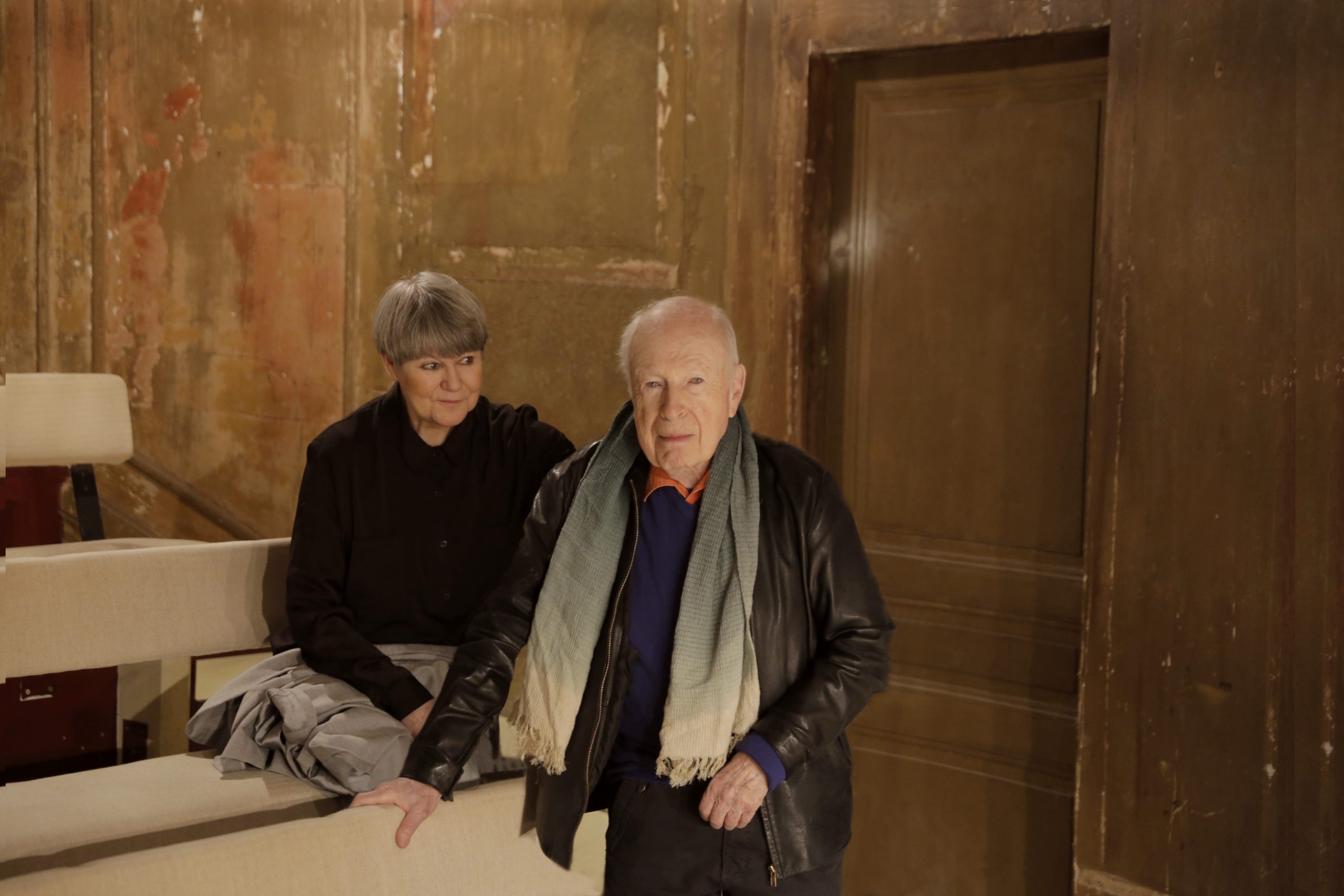
In Elizabethan England, the connection to Nature had not yet been broken. Ancient beliefs were present; a sense of wonder was still there. Today, Western actors have all the qualities necessary to explore in Shakespeare's plays; all that concerns anger, political violence, sexuality, introspection. But for them it is almost impossible to touch the invisible world. In the cultures that we call "traditional", images of Gods, magicians and witches come quite naturally.
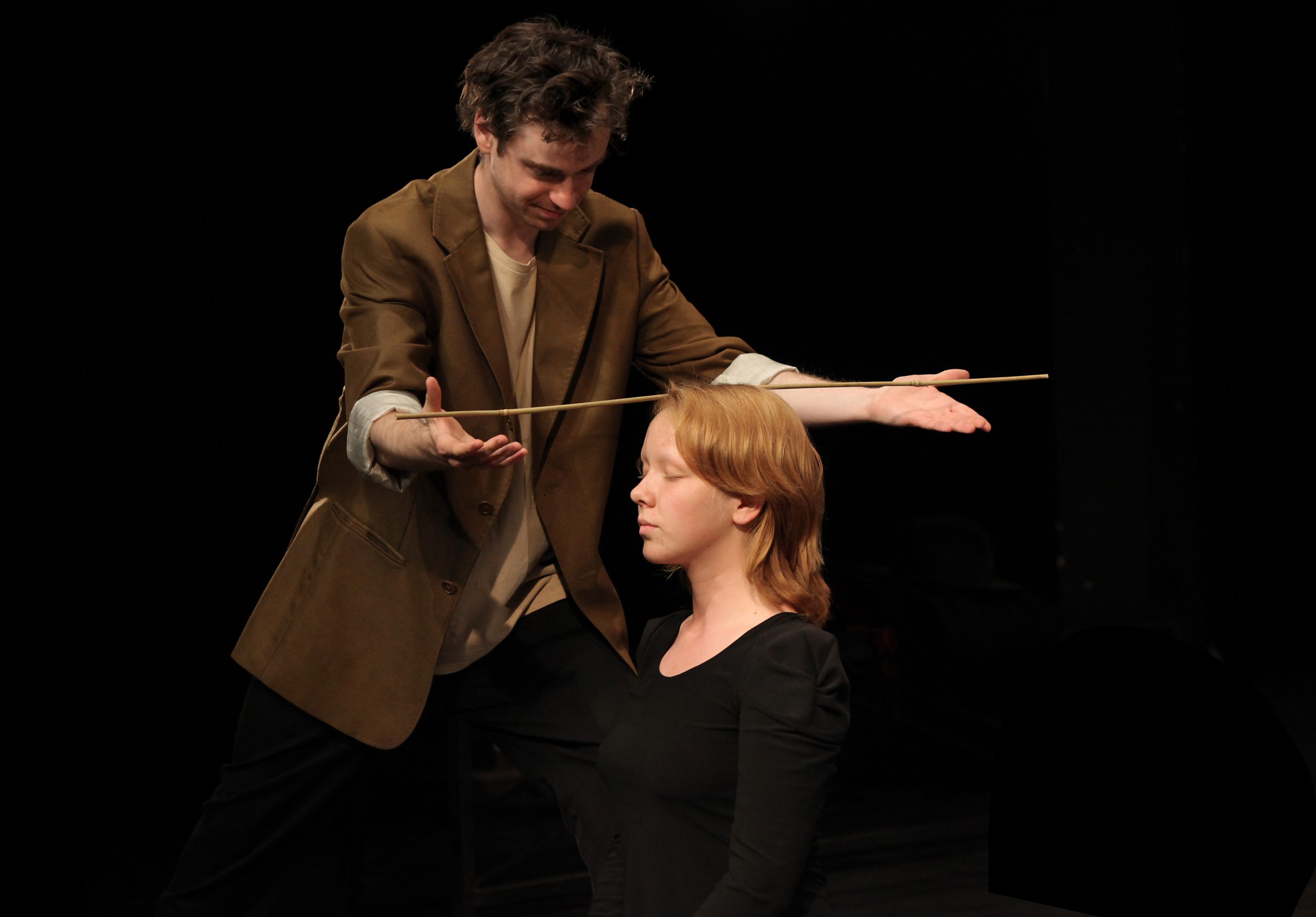
To play a character who is not real, for a Western actor, requires real acrobatics. For the actor who has been raised in a world of ceremonies and rituals, the way that leads to the invisible is often direct and natural.
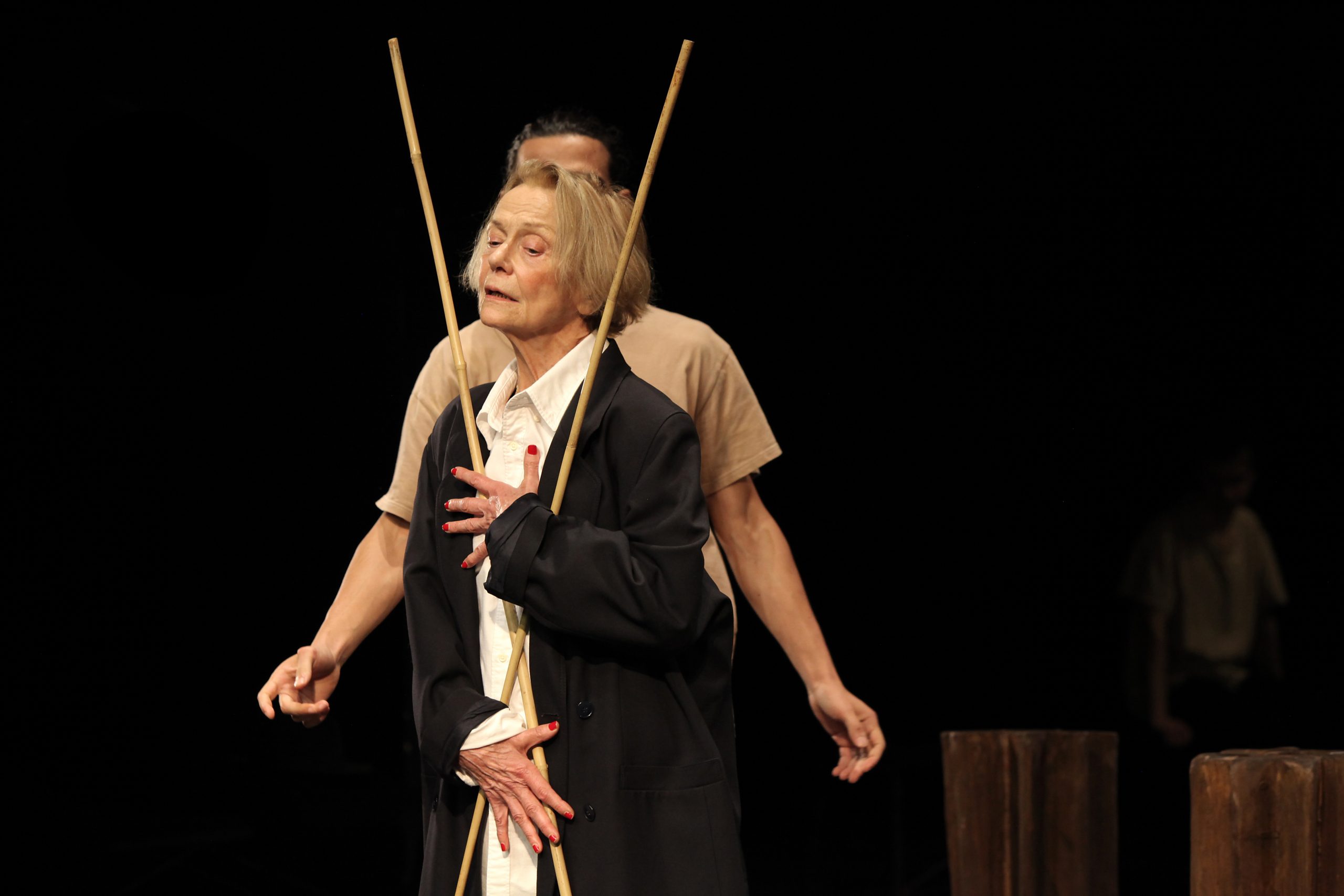
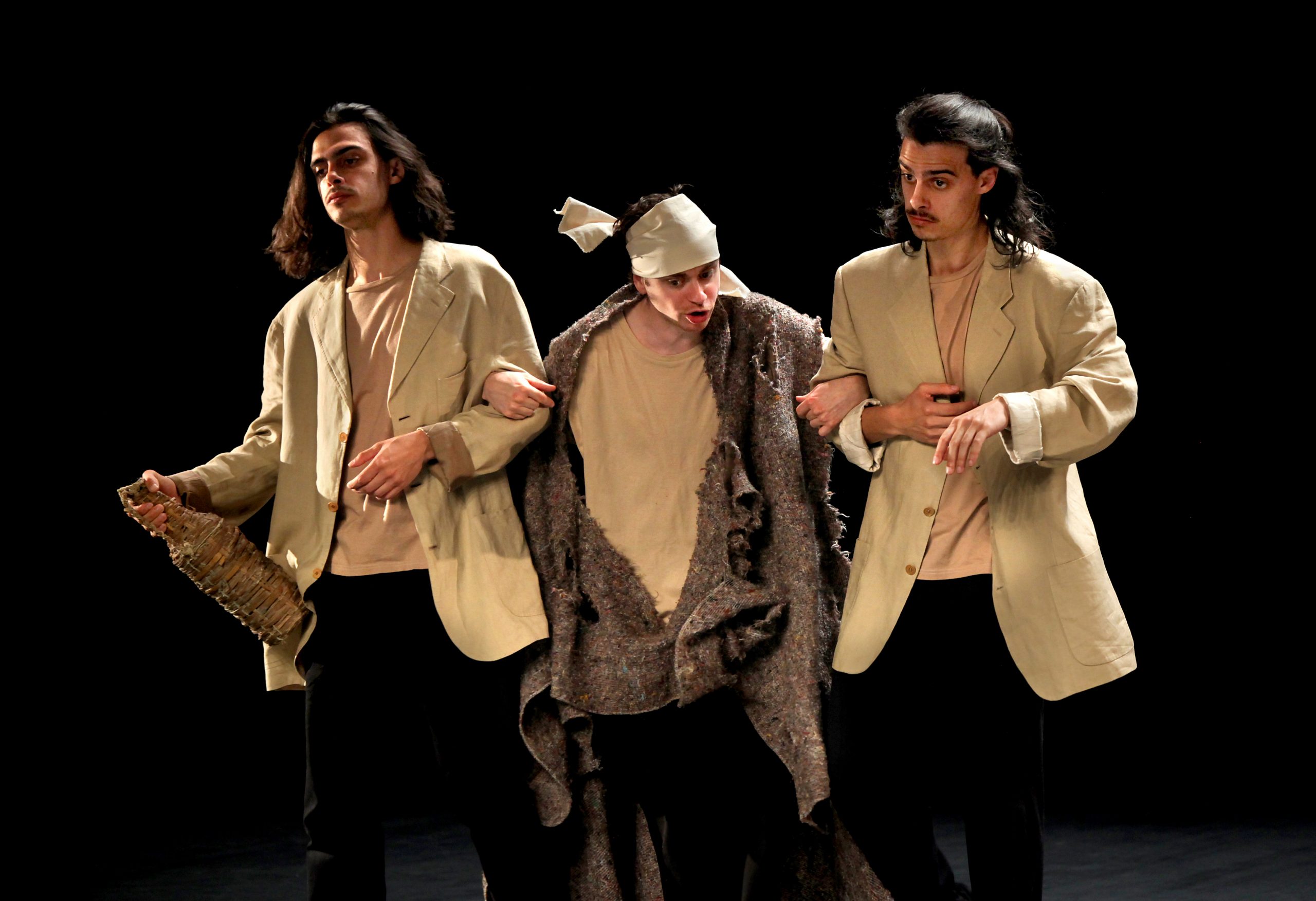
Théâtre des Bouffes du Nord—Tempest Project
Date: 22-24 Mar 2024
Venue: Theatre, Hong Kong City Hall
Details: https://www.hk.artsfestival.org/en/programme/Tempest_Project?


